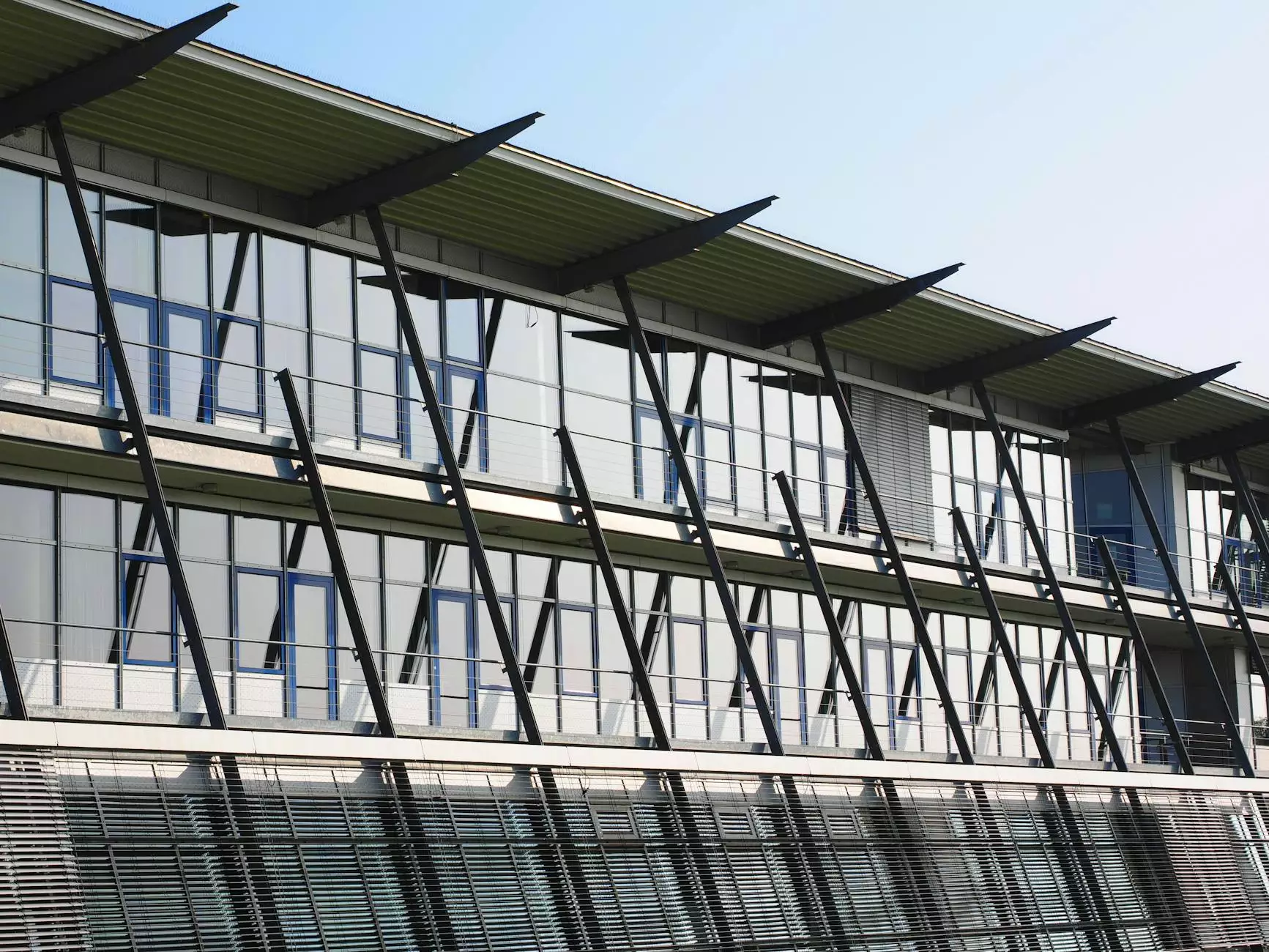The Rise of Flexible Solar Panels: A Revolutionary Shift in Renewable Energy

In the rapidly evolving landscape of renewable energy, flexible solar panels have emerged as a game-changer, offering myriad benefits that cater to diverse needs. These panels, known for their lightweight and adaptable nature, are beginning to redefine how businesses approach energy sustainability. This article delves deeply into the marvelous world of flexible solar panels, their uses in various industries, and the undeniable advantages they provide.
Understanding Flexible Solar Panels
Flexible solar panels are made from thin-film solar cells, enabling them to be lightweight and bendable, unlike traditional rigid solar panels. This unique composition allows them to be installed in a variety of settings where conventional panels may be impractical.
Composition and Technology
The technology behind flexible solar panels primarily utilizes materials like amorphous silicon, cadmium telluride, or copper indium gallium selenide. These materials contribute to the flexibility and efficiency of the panels, making them suitable for a range of applications. With advancements in solar technology, the efficiency rates of flexible panels are continually improving, making them a viable option for energy generation.
Advantages of Flexible Solar Panels
Adopting flexible solar panels can provide businesses with numerous advantages:
- Lightweight and Portable: Their lightweight design makes them ideal for applications where standard panels cannot be used, such as rooftops of vehicles or irregular surfaces.
- Versatility: Flexible solar panels can be installed on curved surfaces, uneven rooftops, or even integrated into wearable technology, showcasing their versatility across multiple sectors.
- Ease of Installation: The installation process is simplified, often requiring less time and fewer structural modifications than traditional systems.
- Cost-Effective: While the initial investment can be higher, flexible panels can lead to long-term savings through reduced energy bills and potential government incentives.
- Environmentally Friendly: Utilizing solar panels contributes to sustainability efforts and reduces reliance on fossil fuels, promoting a greener future.
Applications of Flexible Solar Panels in Various Industries
As businesses increasingly prioritize sustainability, flexible solar panels are finding homes in a myriad of industries. Let's explore some of their key applications:
1. Transportation Industry
In the transportation sector, flexible solar panels are revolutionizing energy consumption. They can be seamlessly integrated into electric vehicles, helping to extend battery life and enhance overall energy efficiency.
Train and Bus Systems
Public transport systems are integrating flexible solar technology into buses and trains, utilizing their roofs for energy generation. This reduces operational costs and improves the sustainability of public transit systems.
2. Building Integrated Photovoltaics (BIPV)
Buildings can now incorporate flexible solar panels as part of their architecture. They can be installed on roofs, facades, and even windows, allowing businesses to generate their energy while maintaining aesthetics.
Smart Buildings
In smart buildings, flexible panels can interact with building management systems to optimize energy usage, enhancing operational efficiency and reducing costs.
3. Outdoor and Recreational Equipment
Flexible solar technology is finding uses in outdoor and recreational equipment like tents, backpacks, and camping gear. These applications allow users to harness solar energy while enjoying the great outdoors.
Flexible Solar Panels in Business: The Competitive Advantage
By implementing flexible solar panels into their energy strategy, businesses can gain a definitive edge in today's environmentally-conscious market. Here’s how:
1. Reduced Energy Costs
Implementing solar technology leads to a significant reduction in energy costs, allowing businesses to allocate resources into growth and innovation rather than utilities.
2. Enhanced Brand Image
As consumers become more environmentally conscious, businesses that adopt sustainable practices, like using flexible solar panels, can enhance their brand image and attract eco-minded customers.
3. Regulatory Advantages
Many governments offer incentives for renewable energy adoption, providing grants, tax breaks, and credits that can ease the upfront costs associated with solar installations.
Challenges and Considerations
While the advantages of flexible solar panels are compelling, it's essential to acknowledge some challenges:
- Efficiency Rates: Although improving, flexible panels typically have lower efficiency rates compared to traditional solar panels. Businesses should carefully assess their energy needs before investing.
- Installation Expertise: Specialized knowledge may be required for optimal installation and performance, potentially increasing initial costs.
- Longevity: The lifespan of flexible panels may be shorter than that of traditional panels, raising considerations for long-term energy strategies.
Conclusion: The Future of Flexible Solar Panels in Business
As we move towards a sustainable future, the role of renewable energy, particularly flexible solar panels, will become increasingly significant. Their versatility, efficiency, and adaptability open up a world of possibilities for businesses looking to reduce their carbon footprint while simultaneously saving on energy costs.
At bmgreat.com, we believe in embracing innovative solutions that not only foster business growth but also contribute to a sustainable environment. By adopting flexible solar panels, you can position your business at the forefront of the renewable energy revolution, ensuring a brighter, greener future for generations to come.
Taking the Next Steps
If you are considering implementing flexible solar panels into your business model, here are some steps to consider:
- Evaluate Energy Needs: Conduct an energy audit to determine your current consumption and how much you can benefit from solar energy.
- Research Providers: Look for reputable solar technology providers who specialize in flexible solar panel installations.
- Consider Incentives: Investigate available government subsidies and incentives for renewable energy projects to help reduce costs.
- Plan for Installation: Work with professionals to develop a tailored installation plan that meets your business's specific needs.
- Educate Employees: Engage your employees about the benefits of renewable energy to build a culture of sustainability within your organization.
In conclusion, the integration of flexible solar panels not only represents a significant technological advancement but also provides an opportunity for businesses to enhance their sustainability efforts. The shift towards renewable energy is no longer an option but a necessity, and flexible solar panels offer a scalable solution that can adapt to various business models.



